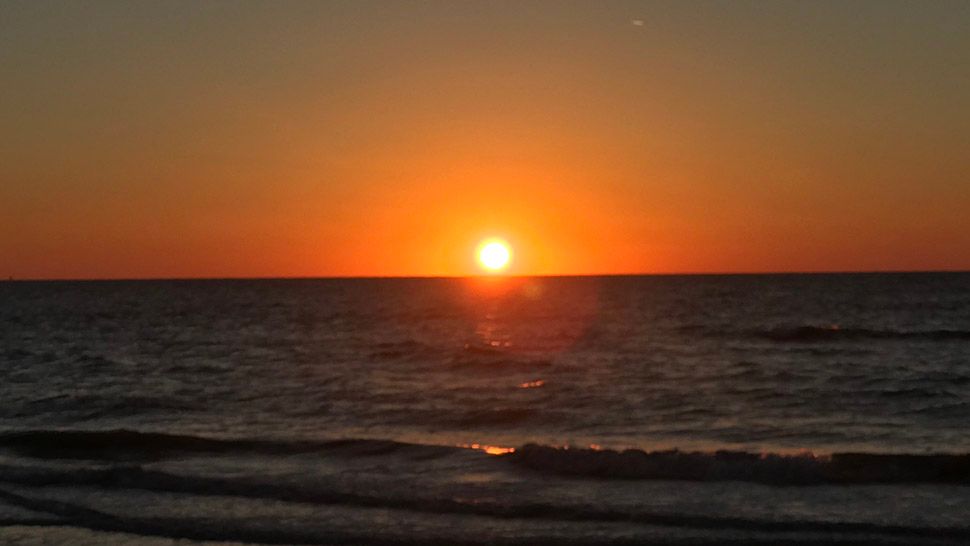ORLANDO, Fla. — On Monday, the nation’s highest court heard arguments on whether the homeless sleeping and camping out in public areas should be a criminal offense. The case the U.S. Supreme Court is considering — Grants Pass vs. Johnson — is over whether city leaders in towns should be allowed to ticket the homeless, — or whether that should be considered cruel and unusual punishment.
What the Supreme Court decides could have implications on how local governments across the country, including in Central Florida, respond to the issue.
Advocates for the homeless, including leaders of several organizations, gathered in Orlando to speak out against anti-public camping measures they say criminalize homelessness. That included local leaders, including U.S. Rep. Maxwell Frost.
“Housing, not handcuffs,” Frost shouted outside the Federal Court building in downtown Orlando.
Frost said the unhoused should not be punished for a lack of affordable housing.
“Are we going to punish our people for the failure and inaction of government?” Frost asked.
Michael Spivey was stationed overseas and says he suffered from mental health issues, multiple injuries, and even cancer, which eventually led to him becoming homeless after he came back home.
“I didn’t know I had a problem. I didn’t understand that, and I didn’t know how to ask for help because you’re a soldier,” Spivey said.
Spivey now helps other veterans who face homelessness through his work as a veteran peer support specialist with The Transition House in Kissimmee. He said he believes anti-camping laws do not make sense.
“You’re punishing people for situations outside their control,” Spivey said. “I didn’t want to be homeless. I didn’t want to be living outside in the woods. I didn’t want to have a drug problem, but it kind of happened. And once you’re in those situations, it is nearly impossible to get out of them on your own.”
But some do have issues with the homeless.
Mariela Rodriguez owns Lake Eola Florist. She said some in the homeless community have created safety concerns when they have come into her shop.
“They’re not going to buy anything, but they just walk inside for like five minutes and we don’t know how to take them out, or if we put flowers or plants outside, sometimes they take them, or balloons,” Rodriguez said.
Some anti-camping laws are designed to give business owners the ability to sue governments if they feel city leaders are not doing enough to combat homelessness. Rodriguez said she likes the idea of such laws and said help from law enforcement is also needed in some situations.
“That is something that should be good, because I have to deal with them by myself, and it should be fine if there’s someone we can call to take them out or something like that,” Rodriguez said.
A spokesperson for the city of Orlando said homelessness is a complex issue that takes time to tackle. City officials said they have dedicated $58 million in funding for Accelerate Orlando, which aims to increase affordable housing options and reduce homelessness by 50% in the next three years.
And city leaders have discussed the approval of $350,000 for Rapid Unsheltered Survivor Housing, or RUSH, aimed at providing immediate needs to those who become homeless or are in danger of becoming homeless.
In March, Gov. Ron DeSantis signed a statewide anti-camping law passed by the legislature. The measure goes into effect in October and makes public camping throughout the state illegal. What the U.S. Supreme Court decides in the Grants Pass vs. Johnson case could affect the legality of the new state law.
A ruling from the U.S. Supreme Court is not due until the end of June.









